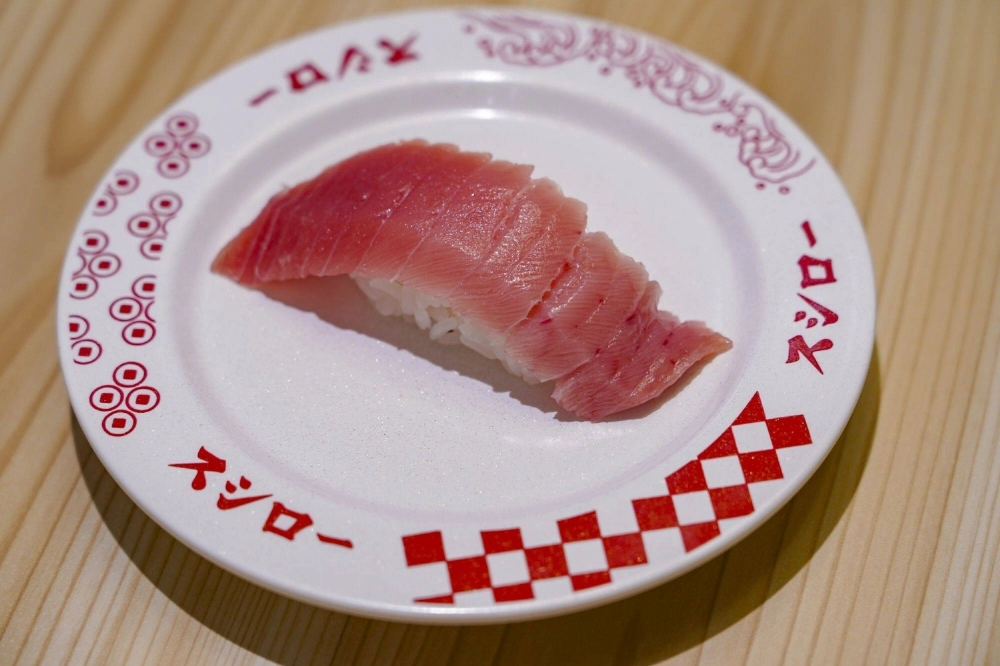In a world that often seems to be teetering on the edge of chaos, what hope is there for defenseless fish?
The Atlantic cod off the eastern coast of Canada were once such an abundant resource that their dried flesh helped drive the colonization of the Americas, spawning local delicacies from Spanish bacalao to Jamaican ackee and saltfish. Industrialized harvesting caused a collapse in populations in the 1980s and 1990s, leading many diners to switch to monkfish instead — until that species, too, went into decline.
It can feel like an inevitable cycle. Humans seem incapable of carrying out the most basic measures to protect common resources from over-exploitation — whether it’s the carbon that we spew into the atmosphere, the plastics that we scatter through the environment or wild animals that we’ve been hunting to extinction since the paleolithic era. And yet on the high seas, there are encouraging signs that concerted efforts can reverse the process.


















With your current subscription plan you can comment on stories. However, before writing your first comment, please create a display name in the Profile section of your subscriber account page.